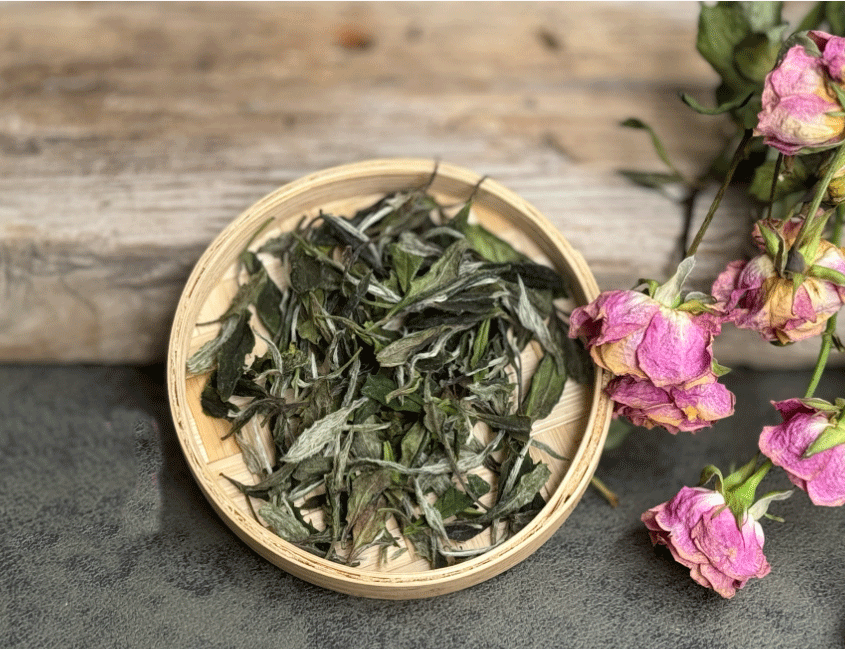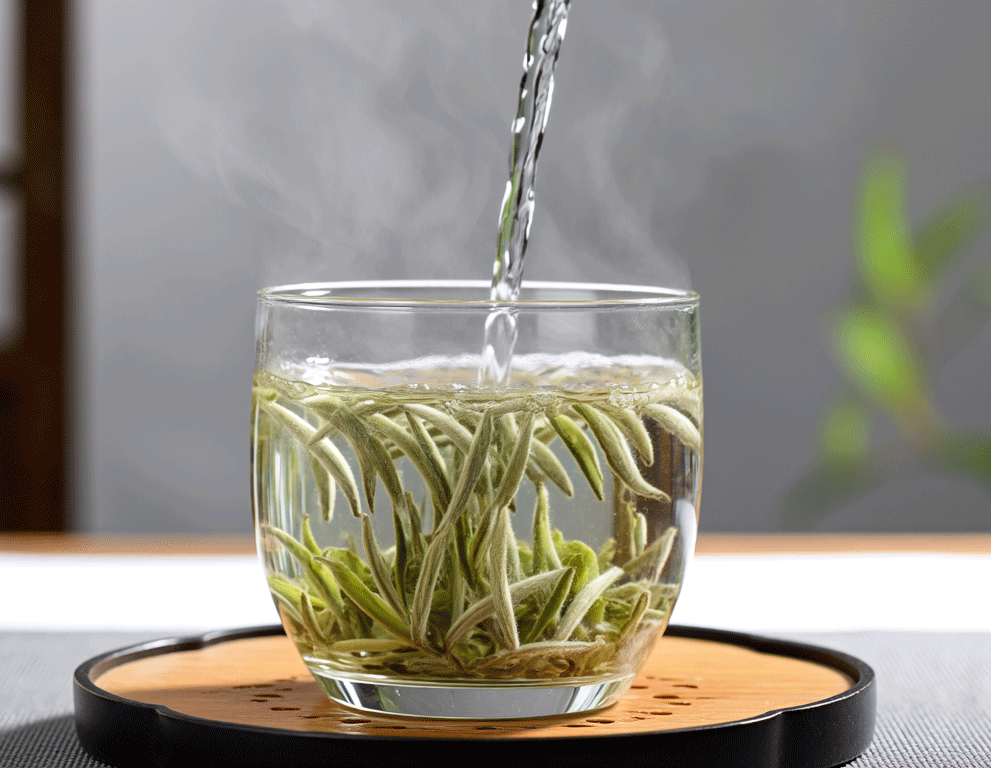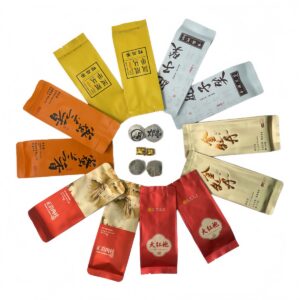The Rising Demand for White Tea in Europe
In recent years, Europe has witnessed a surge in health-conscious consumers seeking natural remedies and wellness beverages. Among these, white tea has emerged as a favorite due to its delicate flavor and numerous health benefits. However, many enthusiasts face challenges in brewing the perfect cup, often resulting in a less-than-satisfying experience.
Understanding White Tea: What Makes It Unique?
White tea, known for its minimal processing, retains a high concentration of antioxidants and polyphenols. This makes it a potent beverage for boosting immunity and promoting overall health. The most prized variety, Silver Needle (Baihao Yinzhen), is made exclusively from young tea buds, offering a light, sweet flavor.

Common Challenges in Brewing White Tea
- Temperature Sensitivity: White tea requires precise water temperatures (75–80°C) to prevent bitterness.
- Steeping Time: Oversteeping can lead to astringency, while understeeping may result in a weak brew.
- Quality of Leaves: Using low-grade leaves can compromise flavor and health benefits.
Optimal Brewing Techniques for White Tea
1. Selecting Quality Leaves
Choose Silver Needle, White Peony, or Shou Mei varieties from reputable suppliers. Look for leaves that are whole, unbroken, and have a silvery appearance, indicating freshness and quality.
2. Water Quality and Temperature
- Water Type: Use filtered or spring water to avoid impurities that can affect taste.
- Temperature: Heat water to 75–80°C (167–176°F). Using a thermometer ensures accuracy.
3. Measuring Tea Leaves
- Silver Needle: Use 2 teaspoons per 6 ounces of water.
- White Peony: Use 2 tablespoons per 6 ounces of water.
- Shou Mei: Use 1 tablespoon per 6 ounces of water.
4. Steeping Time
- Silver Needle: Steep for 2–3 minutes.
- White Peony: Steep for 3–4 minutes.
- Shou Mei: Steep for 4–5 minutes.
5. Brewing Equipment
Utilize a glass teapot, porcelain gaiwan, or Yixing clay teapot to observe the tea leaves unfurl and to maintain the delicate flavors.

Health Benefits of White Tea
- Rich in Antioxidants: Combats free radicals and reduces inflammation.
- Supports Weight Loss: Enhances metabolism and fat oxidation.
- Promotes Heart Health: Lowers cholesterol and blood pressure.
- Improves Skin Health: Delays aging signs and maintains skin elasticity.
Customer Case Study: Embracing White Tea in Berlin
Anna, a wellness coach in Berlin, incorporated white tea into her daily routine. She reported increased energy levels, improved digestion, and a noticeable glow to her skin. By sourcing high-quality Silver Needle tea and following precise brewing techniques, Anna transformed her health and inspired her clients to do the same.
Frequently Asked Questions (FAQs)
Q1: Can I add sweeteners to white tea?
A1: While white tea has a naturally sweet flavor, you can add honey or agave syrup if desired.
Q2: How should I store white tea?
A2: Store in an airtight container, away from light, moisture, and strong odors to preserve freshness.
Q3: Is white tea caffeine-free?
A3: White tea contains low levels of caffeine, making it suitable for most individuals.
Q4: Can I reuse white tea leaves?
A4: Yes, high-quality white tea leaves can be steeped multiple times, with each infusion offering a unique flavor profile.
Conclusion: Elevate Your Wellness Journey with White Tea
Mastering the art of brewing white tea can significantly enhance your wellness routine. By selecting premium leaves, adhering to precise brewing techniques, and understanding its health benefits, you can enjoy a soothing and health-promoting beverage.
Explore our curated selection of premium white teas at TanbiWencha, and embark on a journey towards better health and relaxation.



